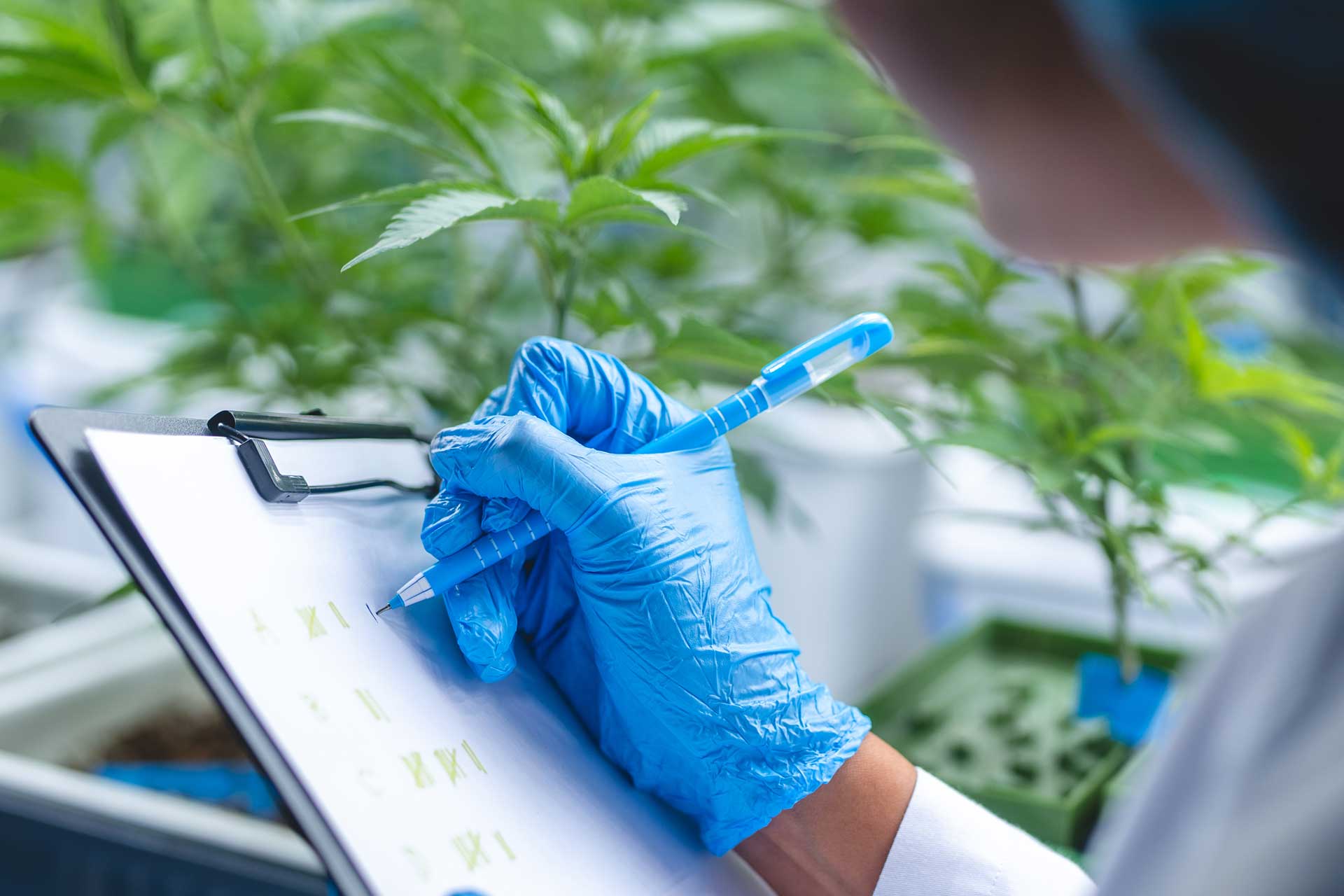After working with multiple New York-based municipalities year after year to close their books and prepare for what’s next, RBT CPA experts have identified seven key questions you should answer to help ensure a smooth process.
- Does your interfund activity agree? Interfund activity is the financial interaction between a government’s funds. How activity is treated impacts a financial statement’s accuracy. As noted on the NYS Comptroller Website for Financial Reporting:
- Interfund Transactions – Quasi-External. Treated and accounted for as revenues, expenditures, or expenses when involving organizations outside of New York. For example: A state agency’s payment to the Office of General Services and Centralized Services for billings.
- Interfund Transaction – Reimbursement. Recorded as expenditures or expenses of the reimbursing fund and reductions of expenditures or expenses of the fund reimbursed. This excludes interfund receivables or payables that have been set up.
- Interfund Transfer – Residual Equity Transfer. Nonrecurring or non-routine transfer of equity between funds should be reported as additions to or deductions from the starting Governmental Funds balance; additions to or deductions from contributed capital; or as deductions from Proprietary Funds’ retained earnings. For example: transfer of a discontinued fund’s residual balance to the General Fund or Debt Service Fund.
- Interfund Transfer – Operating Transfers From/To Other Funds. This includes all other interfund transfers. For example: legally authorized transfers from a fund receiving revenues to the fund expending resources. Loans or advances are not included.
- Did you have any new bonding for the year? Be sure to have copies of bonding documents and the amortization schedule available for review.
- Have you updated fixed assets for current year additions and deletions? As noted in the NYS Comptroller’s Local Government Management Guide, “Every local government should have a complete up-to-date inventory of capital assets to ensure that both physical control and accountability are maintained over all assets, including lower-cost assets that aren’t reported in financial statements. Some local governments use perpetual inventory records to maintain control over their capital assets. Perpetual inventory records are detailed records that are continually updated as items are added or removed from supply. This inventory system provides officials with direct access to reliable information on current capital assets throughout the year.”
- Have you completed all bank reconciliations? Making sure bank statements match your accounting records is not only critical to financial statement accuracy, but also helps detect fraud and/or theft, as well as data entry errors (i.e., wrong amount or duplicate entries). Failure to reconcile accounts is often the subject of audit findings.
- Have you reviewed prior year audit entries and proactively entered them for this year?
- Are items recorded to accounts receivable (AR) last year, if annual, recorded to AR this year?
- Are all bills applicable to prior year recorded to accounts payable (AP)?
For additional information, refer to the training resources available through the NYS Comptroller’s website, as well as the NYS Financial Toolkit for Local Officials.
As always, RBT CPA accounting, tax, audit and advisory professionals are available to answer your questions to ensure your municipality is on the best track for financial reporting and accuracy. Click here to contact us today.



